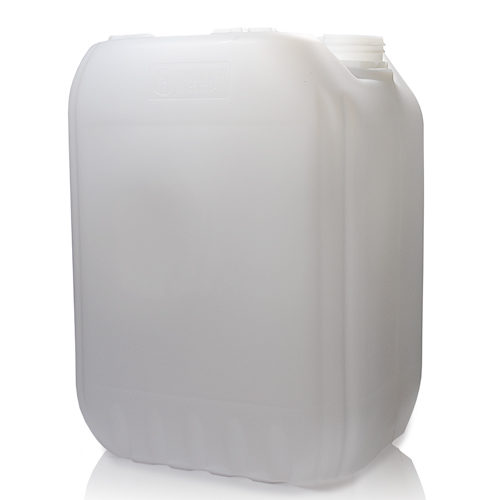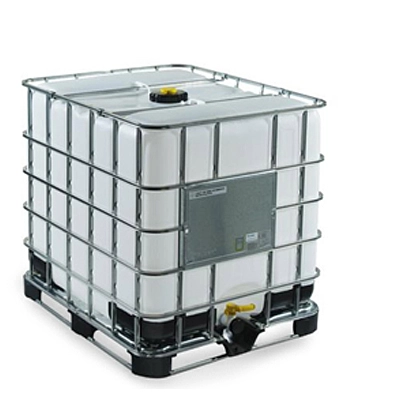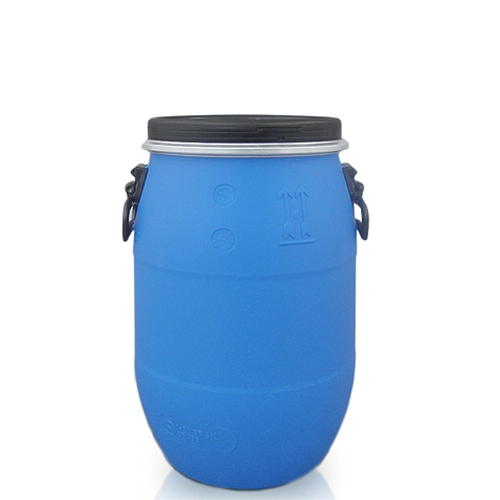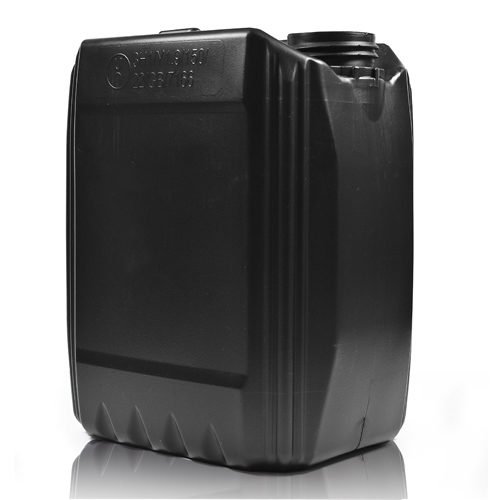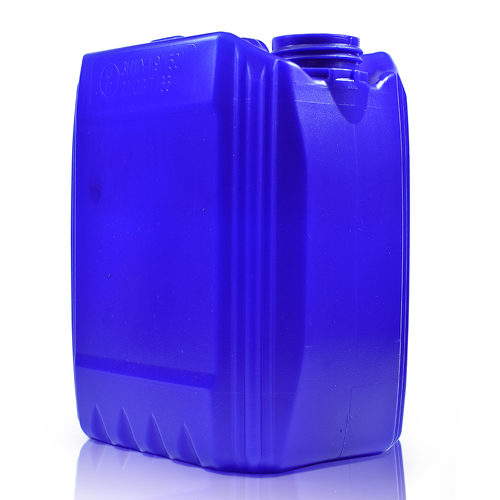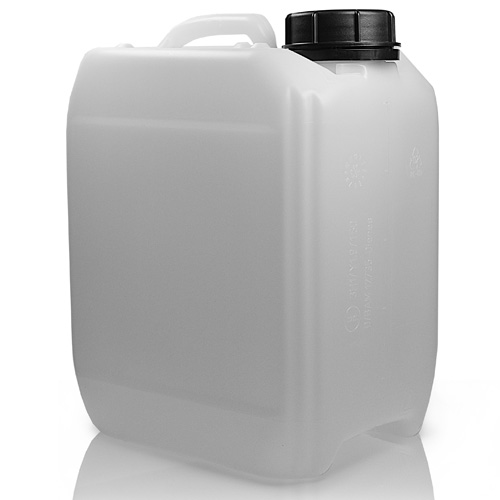What is Post Consumer Recycled Plastic?
You have heard the term PCR before but what does this mean? What is Post Consumer Recycled Plastic?
Post-consumer recycled plastic (PCR) refers to plastic materials that have been recovered, processed, and reused after they have been used by consumers and discarded as waste. This is in contrast to pre-consumer recycled plastic, which comes from manufacturing scrap or other industrial sources. PCR is a key component of efforts to reduce the environmental impact of plastic production and disposal.
Here’s how the process typically works:
1. Collection: After consumers use plastic products like bottles, containers, or packaging, they dispose of them in recycling bins or through other waste collection methods.
2. Sorting: The collected plastic waste is transported to recycling facilities where it is sorted based on its type and quality. This step helps ensure that only suitable materials are used in the recycling process.
3. Cleaning and Shredding: The sorted plastic is cleaned to remove contaminants like labels, adhesives, or food residue. After cleaning, the plastic is shredded into small pieces to prepare it for processing.
4. Melting and Reforming: The shredded plastic is melted down and formed into pellets or other suitable shapes. These pellets can then be used as raw materials for manufacturing new plastic products.
5. Manufacturing: PCR pellets can be used in various industries to produce a wide range of plastic products, such as bottles, containers, bags, and more. The exact application depends on the type and quality of the recycled plastic.
The use of post-consumer recycled plastic offers several environmental benefits:
1. Reduction of Waste: Recycling plastic reduces the amount of plastic waste sent to landfills or incineration facilities, helping to minimise environmental pollution.
2. Energy Savings: Recycling plastic typically requires less energy than producing new plastic from raw materials like petroleum.
3. Resource Conservation: It conserves natural resources (such as fossil fuels) that would otherwise be used to produce new plastic.
4. Lower Carbon Footprint: Using PCR in manufacturing can result in lower greenhouse gas emissions compared to producing new plastic.
5. Circular Economy: Incorporating PCR into the production cycle supports the concept of a circular economy, where resources are reused and waste is minimised.
Consumers can help support the use of post-consumer recycled plastic by recycling their plastic items properly, supporting products made with PCR, and advocating for recycling programs in their communities. PCR is an important component of sustainable plastic management and the broader effort to reduce plastic pollution and environmental impact.
Here at Amphorea Packaging we offer a wide range of PCR products alongside other materials such as rPET and HDPE. If you are looking to migrate your business to a more sustainable packaging model, our expert sales team will make this process easy.
Simply contact our sales team today to find out more.
